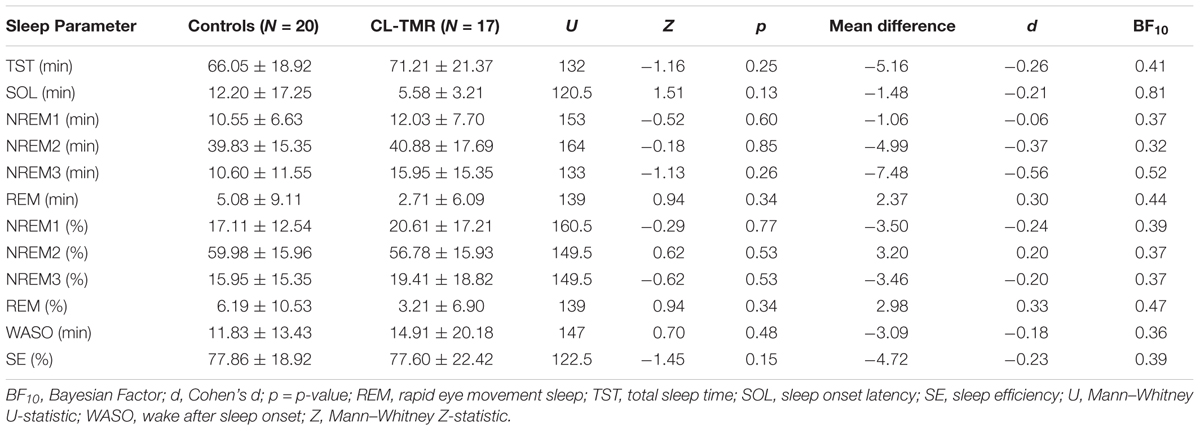

Major health issues ranging from cardiovascular to psychological illnesses are associated with poor sleep quality. Reduced sleep leads to poor short-term memory and concentration, impaired self-control behavior, and ability to learn. A reduction in the quality and/or duration of sleep brings about a plethora of physiological changes in the human body such as an increase in drowsiness, reduction in the ability to concentrate, etc. According to the American Psychiatric Association (2000), sleep quality is a “complex phenomenon involving many dimensions including perceived sleep quality, sleep response time, sleep duration, sleep efficiency, sleep disorders, sleep medication, and daytime dysfunction.” Castriotta and Lai stated that the quality of sleep is determined by how the individual perceives his/her night-time habits such as the ability to sleep, the depth of sleep, and the ability to sleep without medical assistance. Sleep is known to be a multidimensional concept which is a “complex phenomenon that is difficult to define and measure objectively”. National sleep foundation (2008) reports sleep as “food for the brain”. Sleep is an important and complex physiological process.


 0 kommentar(er)
0 kommentar(er)
